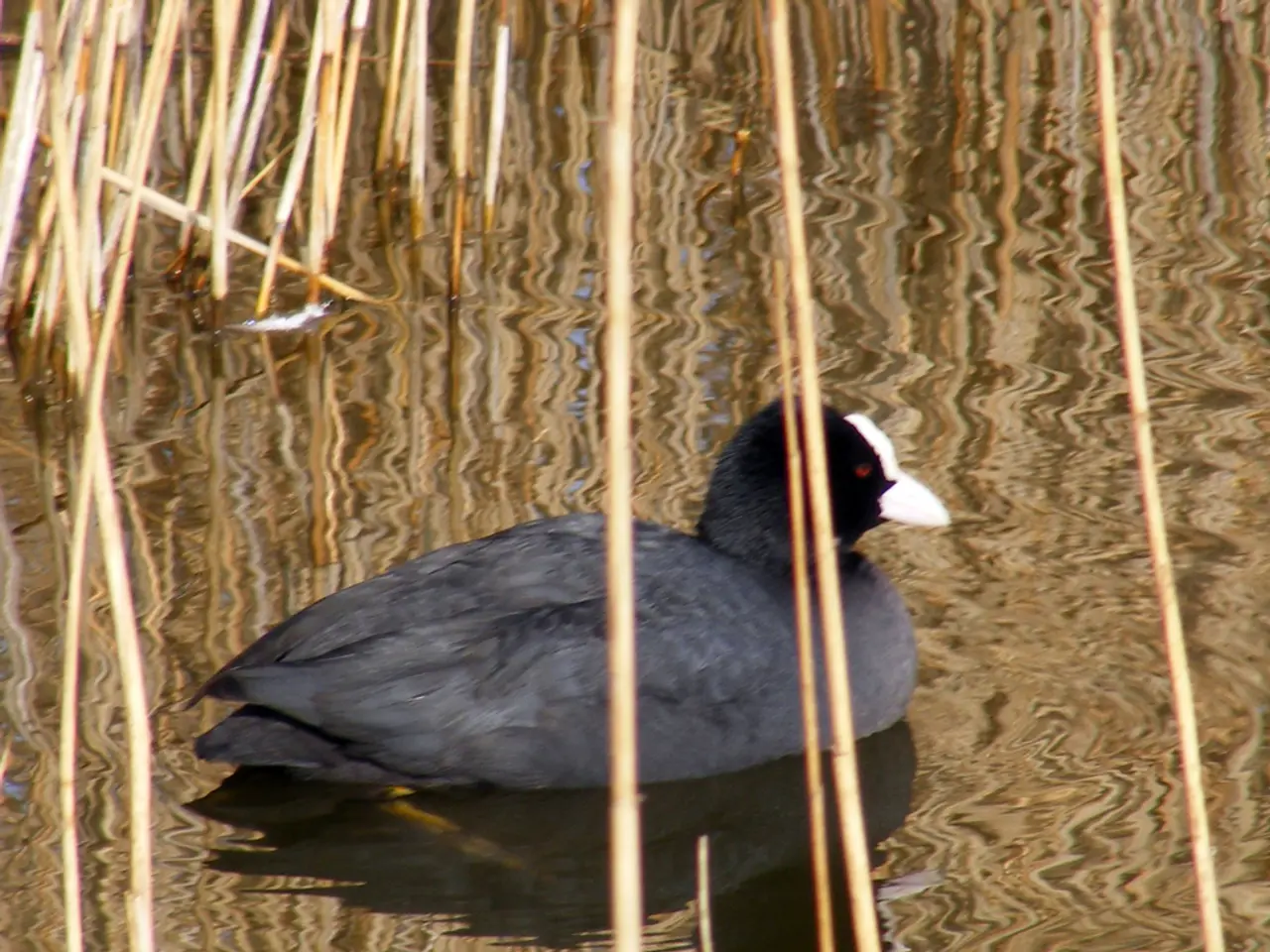Unhealthy Eating? Learn About 10 Common Weeds That Are Actually Nutritious
Published on July 14, 2016 by Susannah Shmurak
For those embracing organic gardening, here are some recommended options for raised garden beds, composters, fertilizers, and gardening tools.
Raised Garden Beds:
Metal raised garden beds, such as those from Vego Garden, offer durable and easy-to-assemble options with a 20-year design life. These beds are devoid of sharp corners, making them ideal for vegetables and organic growing. Other brands like Birdies and Vegega offer galvanized steel beds with heights ranging from 17" to 29", making gardening ergonomic and reducing soil problems. These metal beds are corrosion-resistant and support hugelkultur soil layering, which is beneficial for organic methods.
Alternatives to wood (which may rot or leach chemicals if treated) include metal, fabric, cinder blocks, plastic/resin, and stones. These materials provide longevity and safety for organic crops.
Composters:
While specific brands were not found in the search results, organic gardening benefits from using composting methods that recycle kitchen scraps and garden waste into nutrient-rich humus, improving soil structure and fertility naturally.
Fertilizers:
Organic gardening relies on natural fertilizers like compost, well-rotted manure, bone meal, blood meal, fish emulsion, and seaweed extracts rather than synthetic chemicals. Using raised beds filled with compost-enriched soil can naturally deliver nutrients over time.
Gardening Tools:
Ergonomic tools designed for ease of use in raised beds, such as hand trowels, cultivators, and weeders with comfortable grips, reduce strain. Tools that facilitate no-till or minimum disturbance soil care support organic principles. Watering systems integrated with raised bed kits, such as Garden Grid watering systems, help efficiently irrigate plants while reducing water waste.
Additional Options:
- Wildflower Farms Eco-Lawn Grass Seed is a blend of native grasses and wildflowers.
- The VegTrug Raised Garden Planter has a self-watering system.
- The Stainless Steel Compost Keeper is airtight and odor-free.
- The Jora JK270 Composter has a capacity of 9.5 cubic feet and comes equipped with a handle for easy transportation.
- A Premium Drinking Water Safe Garden Hose with a slim 7/16" diameter is also recommended, offering kink-resistance.
- The Corn Gluten Organic Fertilizer is a nitrogen-rich product available in an 8-0-0 formula and weighs 40 lbs.
- Farmstead offers Raised Garden Beds made of natural cedar, and the Natural Cedar L-Shaped Raised Garden Beds can be customized to fit specific garden needs.
- The Worm Factory 360 Composter is designed for easy harvesting of compost.
- The Natural Cedar Raised Garden Beds are another option for those seeking a more traditional garden bed material.
Raised Garden Beds: The galvanized steel raised garden beds, such as those from Vegega, provide ergonomic heights for gardening and offer durability, making them suitable for vegetable growth in organic farms.
Composters: Consider the Stainless Steel Compost Keeper, an airtight and odor-free composter, to help create nutrient-rich humus through composting methods beneficial for organic gardening.




